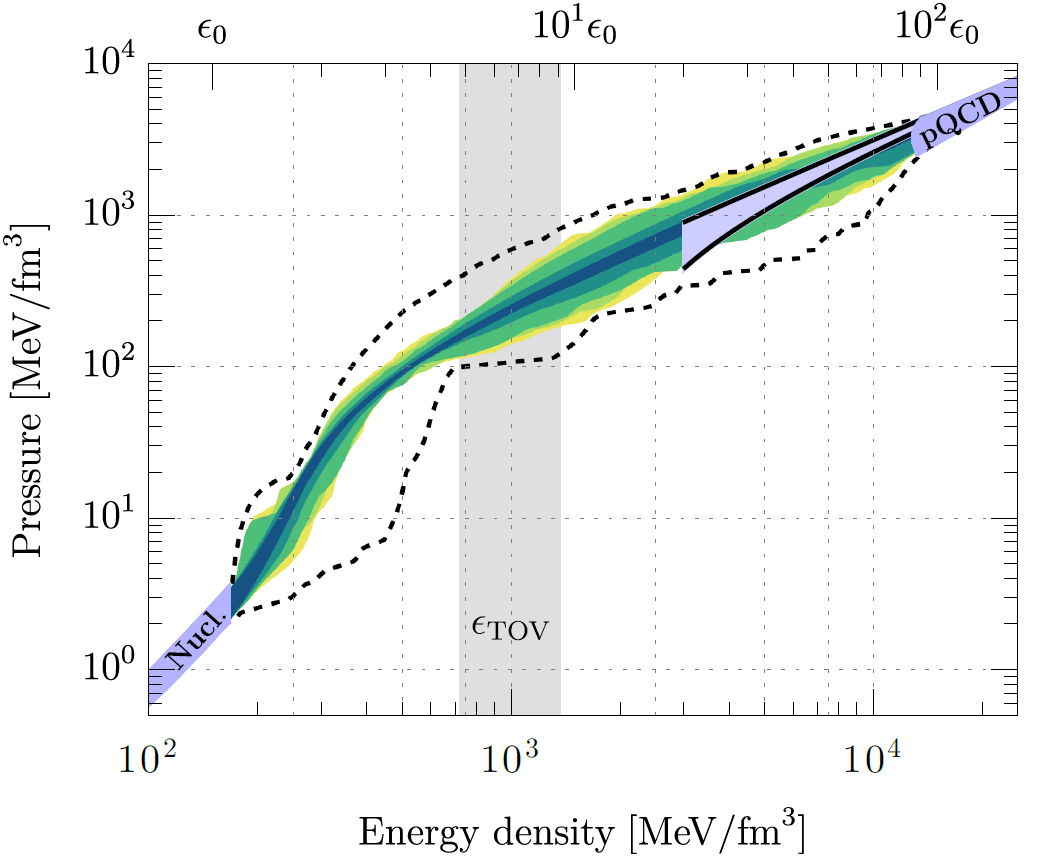Philipp Schicho
Research group leader
Département de Physique Théorique
Université de Genève
Département de Physique Théorique
Université de Genève
Biography
Hi everyone! 👋
As a research fellow in theoretical physics,
I investigate quantum theories under extreme conditions,
probing very dense and hot regimes such as in compact star astrophysics and early universe cosmology.
I also automate multi-loop calculations at finite temperature and density.
Since autumn 2024,
I have been the principal investigator of PRECLISA:
Gravitational waves from cosmological phase transitions: Precision cosmology in the light of LISA
(SNSF project
no. 215997).
Through this grant, funded by the Swiss National Science Foundation,
I lead the
Thermal field theory, Particles, and Cosmic phases (TPC) group.
Interests
- Early universe cosmology
- Cosmological phase transitions
- Multi-loop computations
Education
-
PhD in high-energy physics, 2020
University of Bern
-
MSc in Physics, 2016
ETH Zürich
Experience




Advisor: Mikko Laine
Multi-loop investigations of strong interactions at high temperatures.

Advisors: Matthew A. Fraser, Malika Meddahi


Theoretical high energy physics, lattice QCD, applied mathematics.
Advisor: Philippe de Forcrand
Thesis: Inhomogeneous condensation in quark-based QCD effective models via wavelet pseudoparticles.
Selected publications
- J. Löfgren, M. J. Ramsey-Musolf, P. Schicho, and T. V. I. Tenkanen, Nucleation at Finite Temperature: A Gauge-Invariant Perturbative Framework, Phys. Rev. Lett. 130, 251801 (2023), [2112.05472].
- A. Ekstedt, P. Schicho, and T. V. I. Tenkanen, DRalgo: A package for effective field theory approach for thermal phase transitions, Comput. Phys. Commun. 288, 108725 (2023), [2205.08815].
- A. Ekstedt, P. Schicho, and T. V. I. Tenkanen, Cosmological phase transitions at three loops: The final verdict on perturbation theory, Phys. Rev. D 110, 096006 (2024), [2405.18349].
- D. Croon, O. Gould, P. Schicho, T. V. I. Tenkanen, and G. White, Theoretical uncertainties for cosmological first-order phase transitions, JHEP 2021, 55 (2021), [2009.10080].
Thermal field theory, Particles, and Cosmic phases group
My research group investigates quantum theories under extreme conditions, exploring the dense and hot regimes that appear in compact star astrophysics and the early universe, while also seeking signs of new physics at the electroweak scale. Studying theories at finite temperature and density requires combining perturbative and non-perturbative methods to unravel their phase structure. Developing and applying this interplay of theoretical tools is at the heart of the Thermal field theory, Particles, and Cosmic phases group.

Research projects
*



